This book is an in-depth study of the origins of the fate of a nation. It begins from the time Buddhism was introduced in Tibet. It studies the evolution of the Priest-Patron Relationship with the Mongol Khans and later the Manchu Dynasty. It observes the effect of the appearance, in the eighteenth, of a new player on the stage: the British Empire with its ‘large insect’ expansionist policies and its rivalry with the Russian Empire. It looks at the conservative attitude of the Tibetan elergy that blocked all the efforts for modernization by the Thirteenth Dalai Lama who in his prophetic Testament, warned his people of the impeding avalanche: "and long and dark shall be the night". It analyses why Tibet was caught sleeping in its nirvanic isolation when liberation movements were shaking the world. In his unfolding drama, the year 1950 is perceived as a turning point–a Fateful Year–for Tibet as also for the newly free India who did not realize that in refusing to stand for Tibet’s right for self-determination, she would forfeit not only her moral right to lead the decolonized world but Claude Arpi.
Tibet: The Last Months of a Free Nation India Tibet Relations: 1947-1962 (Part I)
Though Tibet’s system ...
$58.50
$65.00


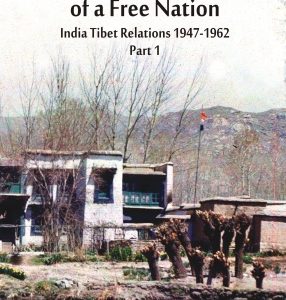
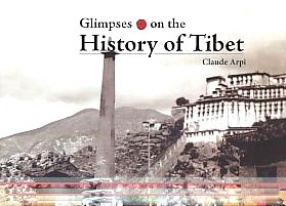
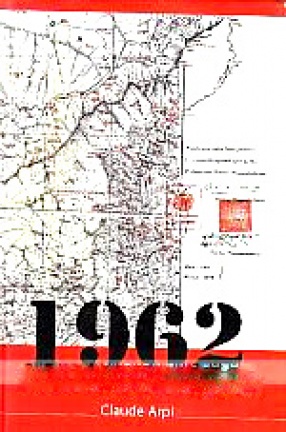
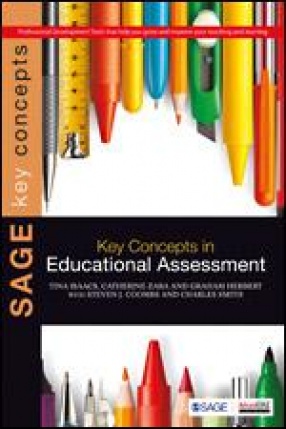
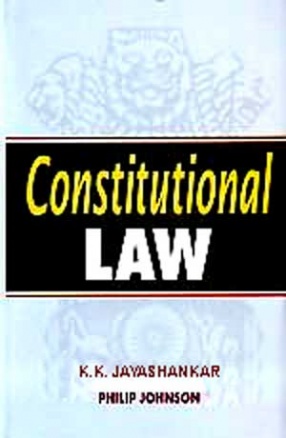
There are no reviews yet.